Empowering Women Through Rwanda’s Coffee Washing Stations
- 30 May 2018
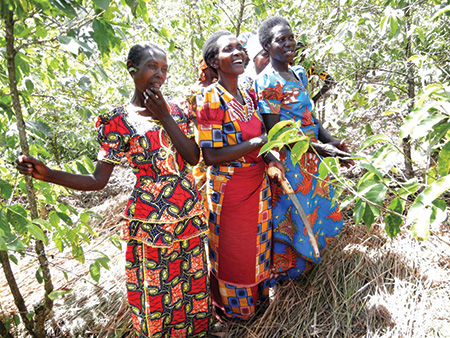
New Study By York University Student, Aleida Stone, Reveals How Women Coffee Producers in Rwanda Are Empowering Their Lives & Changing Their Communities Through Specialty Coffee!
During a three month research trip to Rwanda, Aleida Stone – a graduate student at York University – investigated the state of gender equality within the specialty coffee industry of Rwanda, focusing on coffee washing stations as a central part of this local industry. Through 1-on-1 interviews with women coffee producers, some mixed focus groups of washing station staff, owners and non-profit partner organisations, and by observing participants in the study at the washing stations, a picture of an empowerment movement for Rwandan women emerged.
Rwanda, as a country, is still recovering from the effects of the 1994 genocide with many immediate needs and concerns to be addressed over 20 years later. One of the primary concerns is developing the position and empowerment of women within the community, so they can become active economic and community participants. One of the women coffee producers Stone spoke with explains, “The woman has been underdeveloped because of the history of our country, but now, [advances such as] the washing station target the development of women, helping them to avoid the shame they had in the past.”
Empowerment of women is a foundational concept within the study, but what does Stone mean by this? In an interview with The Little Black Coffee Cup she explains:
Empowerment is not one thing; it means something different to everyone, and… draws on countless aspects of life, such as emotional wellbeing, family relationships, social standing, physical health and economic capacity. Accordingly, forming an understanding and definition of ‘empowerment’ was by far one of the most challenging elements of this study. I hesitated to interpret the experiences of other women since clearly there are inherently flaws in any definition. For the sake of research, though, it was necessary to create guidelines along which I could systematize what I was seeing and being told throughout my time in Rwanda.
In short, I conceptualize the complex and dynamic nature of ‘empowerment’ by borrowing elements from other literature and, most importantly, through the analysis of women producers’ own descriptions of themselves and their experiences. In doing so, this study characterizes ‘empowerment’ as an individual’s capacity to transform themselves and their active decision-making in order to do so, as well as their ability to make strategic choices to control their resources and decisions. In other words, empowerment is combination of a ‘process of change’ and ‘agency.’
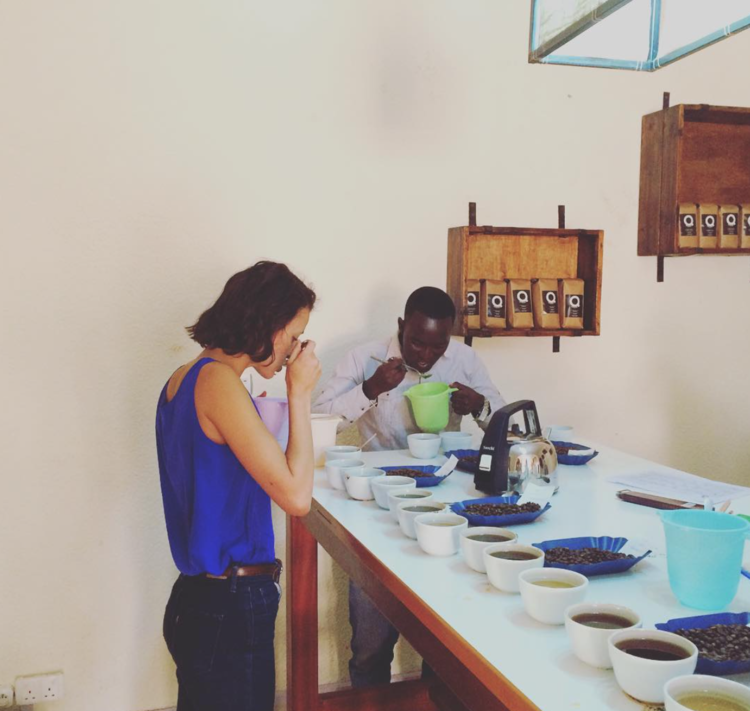
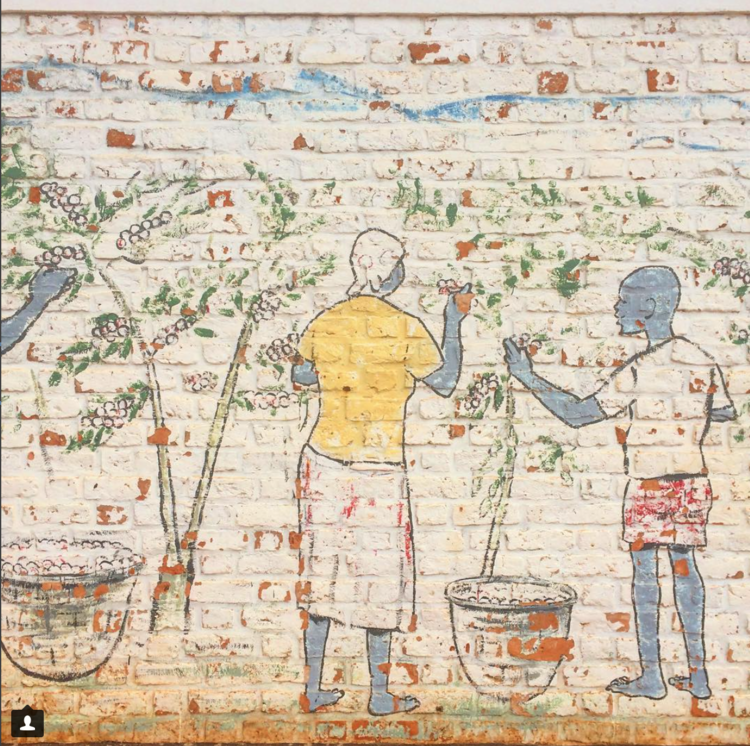
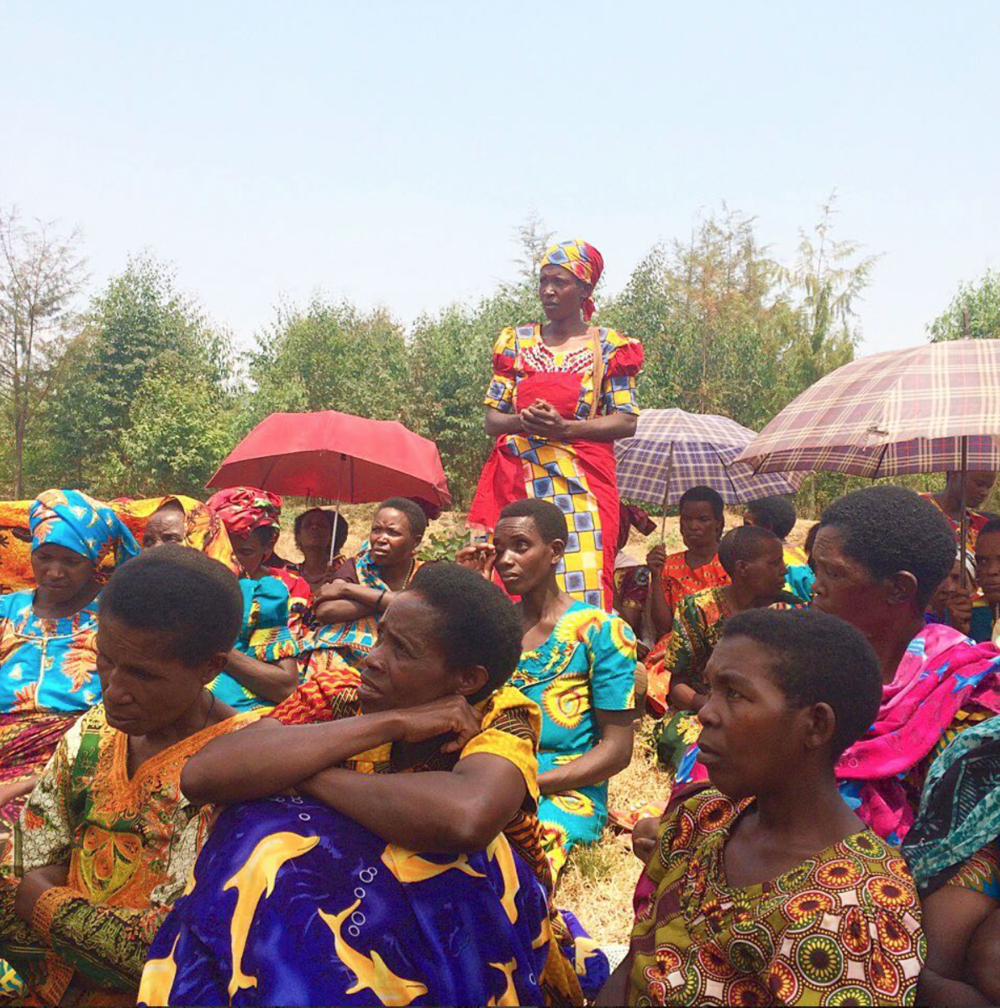
In this regard, the process of change and womens’ ability to exercise agency within their homes, marriages and as businesspeople was affected by three significant factors: training, assets and access.
These are extremely important to creating change and providing women with the agency to use their voices and assert themselves within their communities and in leadership.
Training provides women with up-to-date practical skills for improving yield and quality of product, and encourages them to become active members outside of their homes. In an article for Roast Magazine, Stone writes “One woman producer reported numerous benefits related to this shift away from traditional gender roles. For example, she can now go to the washing station to process the coffee while her husband, who is less physically able to do heavy manual labor than she is, can stay home and care for the animals. The benefits, she added, extend to the entire community: As women become more involved outside their homes, they have more influence over politics and governance.”
Another woman producer shares a similar experience, “I come here in the morning without cooking, without making food in the home… When I go back home, I see that my husband cooks, washes bathroom or clothes, goes to find the grass of cows, and so on and so forth. That is equality.”
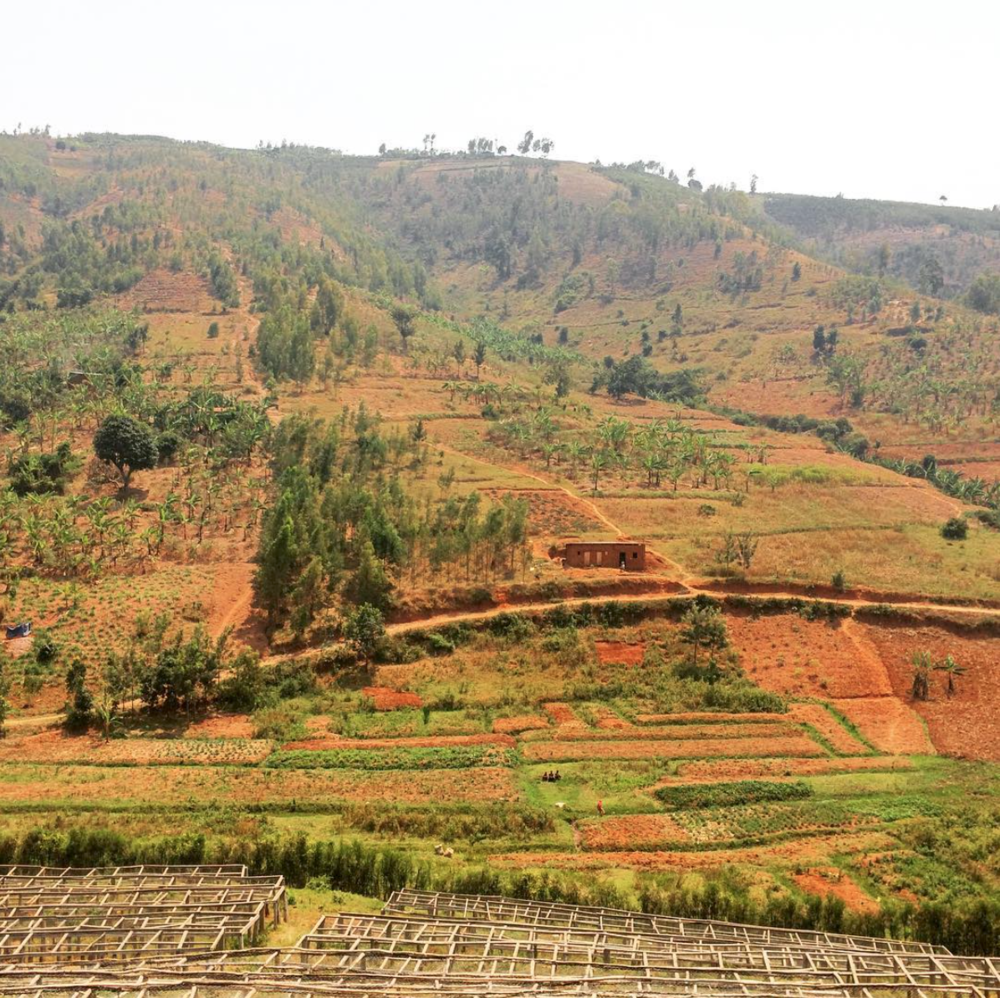
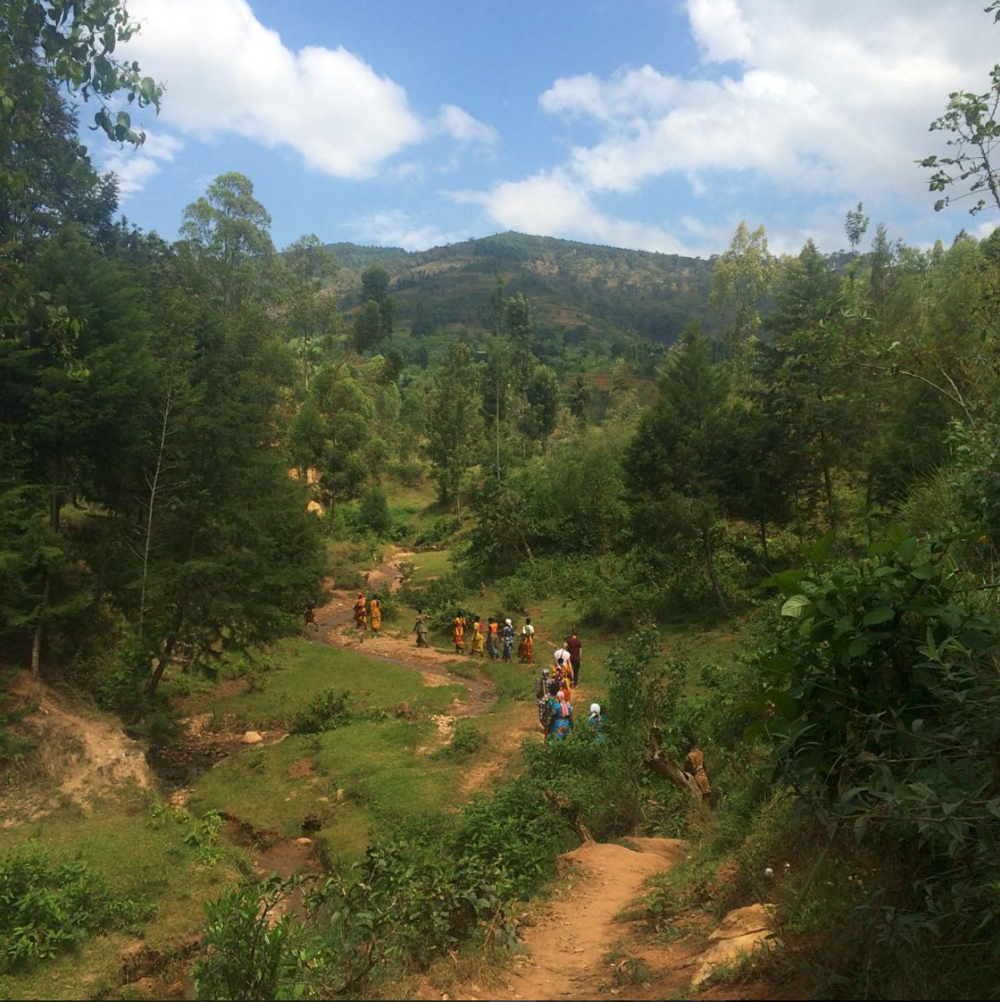
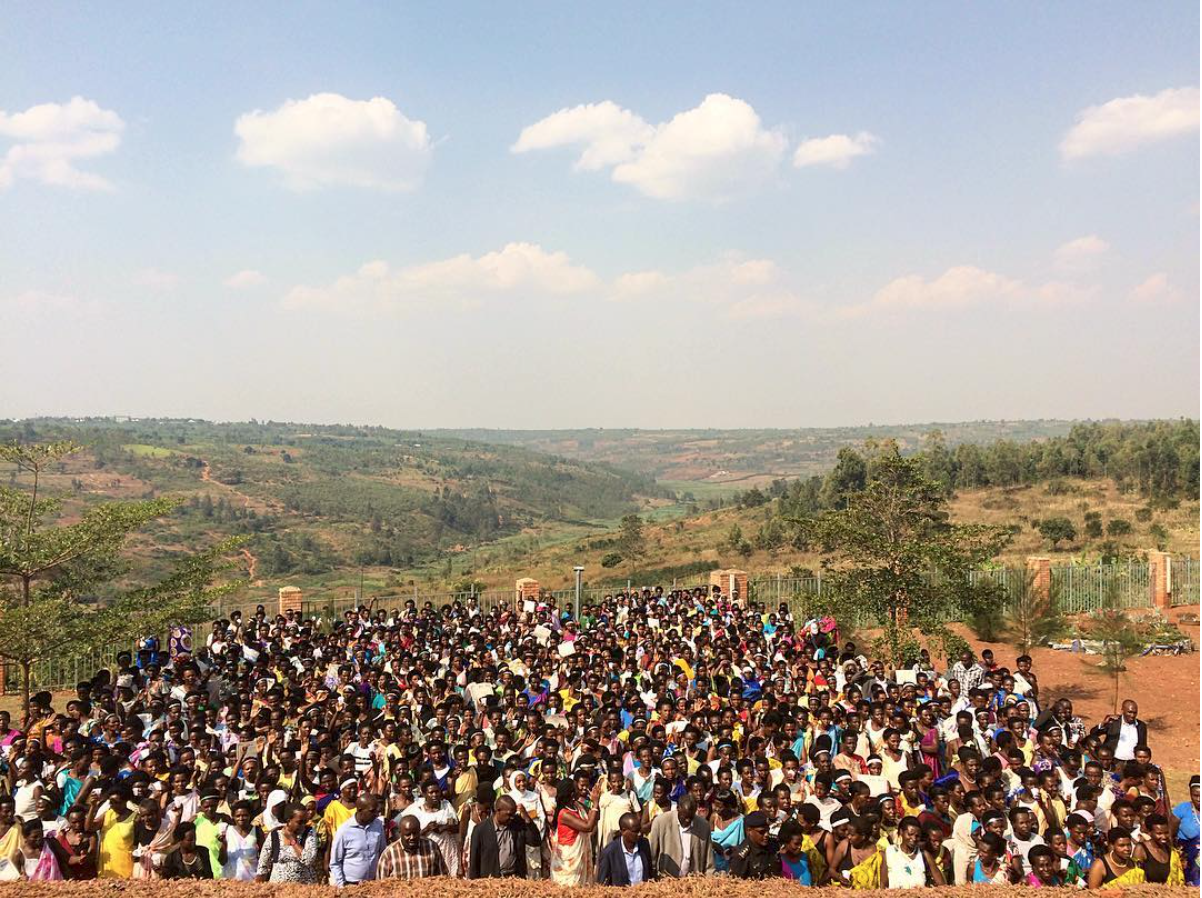
Assets are the tangible reward of their hard work, and are key to confidence-building and a sense of pride and self-worth through working. Assets could include mobile phones, sleeping mats, boots, etc. These assets are “visual indicators of an individual’s efforts, exemplifying the value of her work” which improves their quality of life, their social standing and has a positive and meaningful impact on their relationships.
Stone explains how the “women described the happiness their spouses exude when they see the assets the women have earned from their hard work” and the husbands and household then encourage “women to maintain these professional efforts, and community members describe their desire to engage in the same gainful endeavors”. For women producers, particular assets are more meaningful then others, particularly for agency, such as kitenge, a traditional fabric used to make clothing. Stone writes:
Many of the women reported that they have had limited access to adequate clothing and shoes. This effectively limited their capacity to participate in society and the respect bestowed on them by others. Without appropriate clothing, an individual is unable to leave the house, let alone actively participate in larger society—socially, economically or politically.
As one woman producer put it, “No clothes, nothing to do. No clothes, no food.”
In essence, earning an asset the women producers deem valuable—such as kitenge, in this case—contributes to their social status and positive sense of self, supporting their capacity to strategically and actively make decisions which, ultimately, contributes to their empowerment.”
Stone’s study is a relevant and timely update for the coffee industry, and an demonstrates clearly the economic and social value of supporting communities and women within those communities. Not only does it improves their individual lives, but the whole community benefits and makes significant progress towards gender equality in rural coffee producing communities.
Stone writes, “Sitting among them, discussing coffee and their goals for the forthcoming season, it is easy to forget that some of these confident, passionate women have described living most of their lives unaware of their own humanity – undervalued both in work and as human beings. Though their lives today are not without injustice or disparity, progress has been made. One by one, they feel safer, more self-assured, and proud to share their unique stories as successful businesspeople, valued members of their households and influential leaders in their communities.”
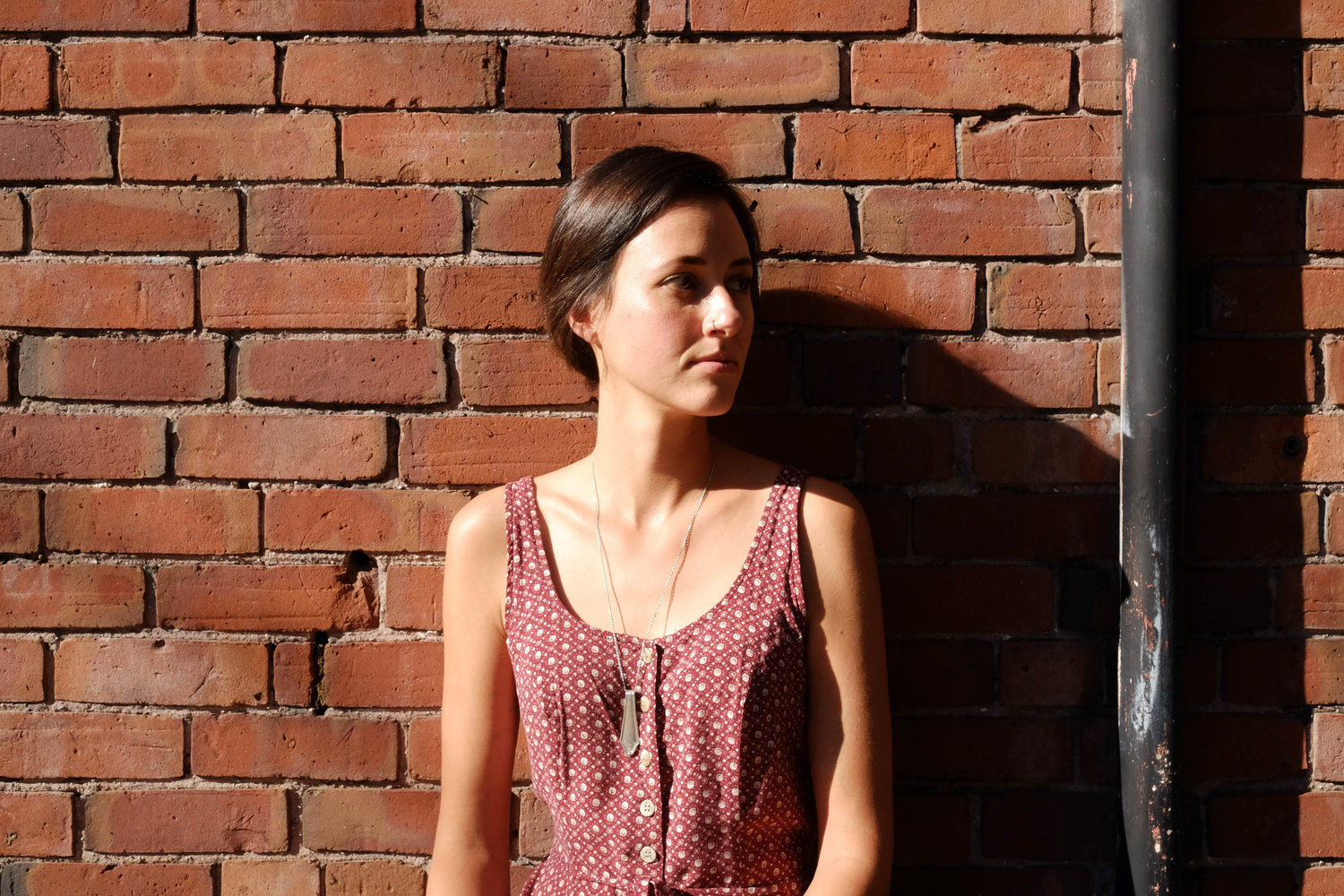
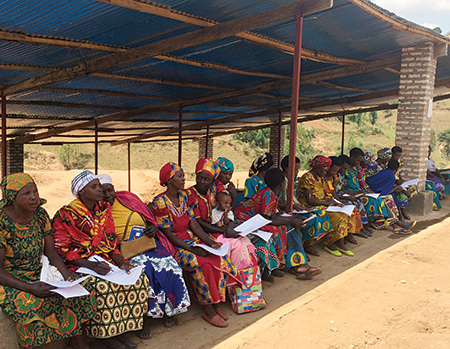
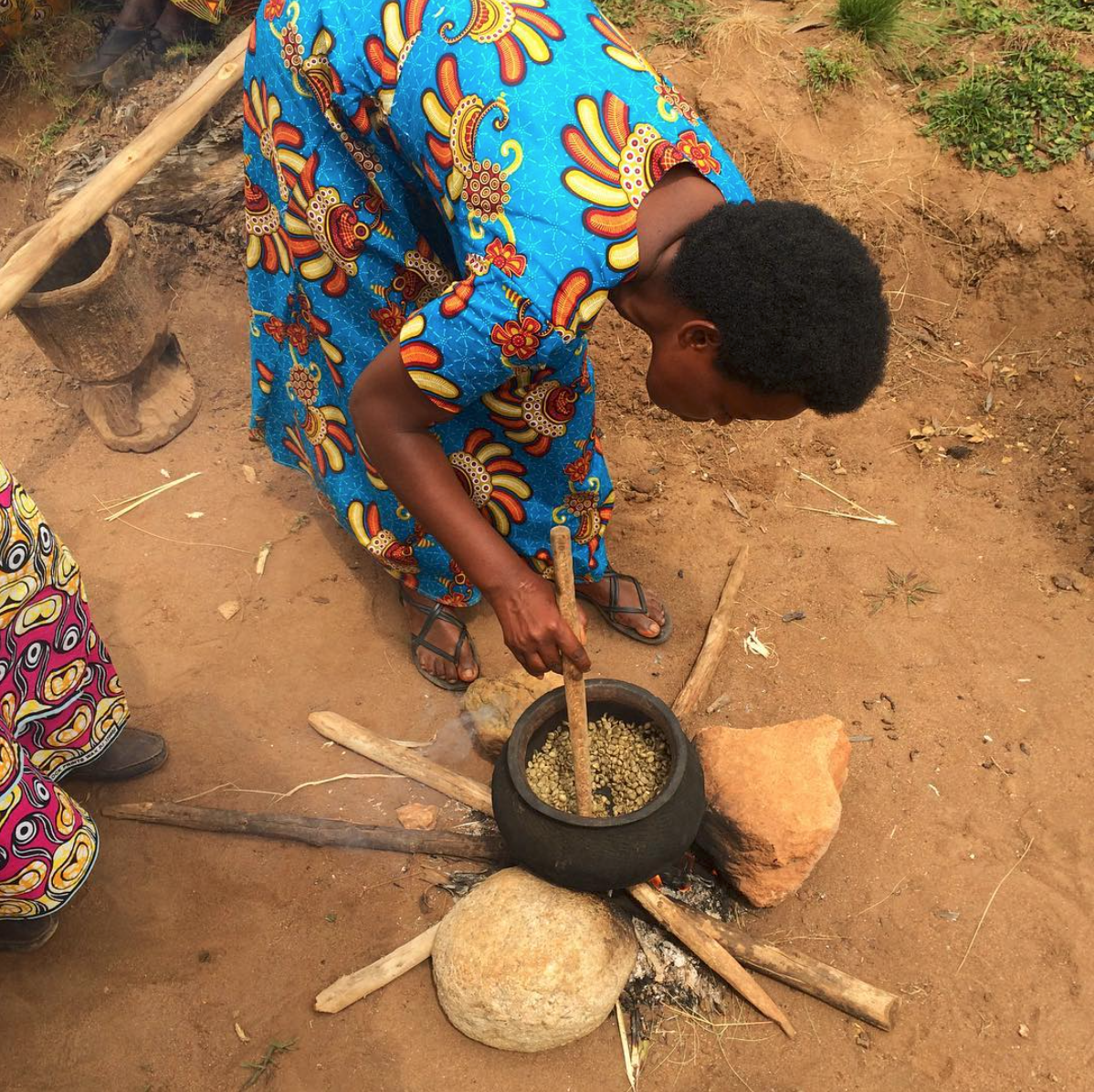
If this has inspired you to want to help or you’d like to find out more about ways you can contribute, check out some organisations below:
https://www.waterforpeople.org/where-we-work/rwanda
http://womenforrwanda.org/#get%20involved
https://survivors-fund.org.uk/support/
If you’d like to read more about this study, Aleida Stone’s article in Roast Magazine is available for download – CLICK HERE.
You can also read her interview with The Little Black Coffee Cup – CLICK HERE.
Or if you’d like a copy or summary of her research, the research author can be contacted at [email protected]
If you’d like to learn more about African coffees, feel free to check out our Crema Trekkers coffee as we are currently exploring African coffees – CLICK HERE.
Image Sources:
https://www.thelittleblackcoffeecup.com/journal/aleidastone
http://www.roastmagazine.com/articlepreviews/mayjune18/DevelopingThemselves/



